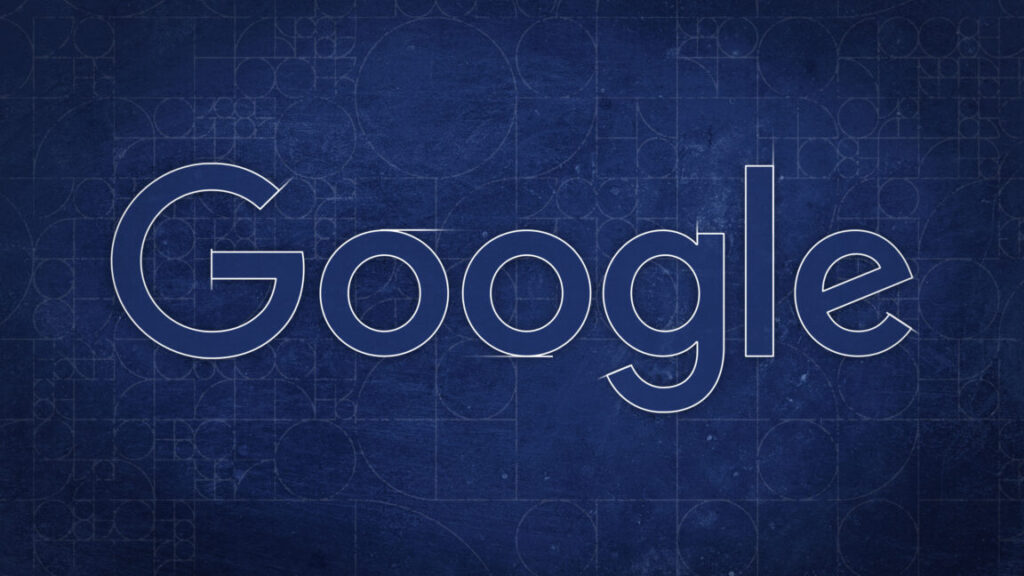Google’s own view on the impact of the March 2024 update is unsurprisingly positive. The company said it was hoping to reduce the appearance of unhelpful content in its search engine results pages (SERPs) by 40 percent. After the update, the company claimed an actual reduction of closer to 45 percent. But does it feel like Google’s results have improved by that much? Most people don’t think so.
What causes this disconnect? According to Michael King, founder of SEO firm iPullRank, we’re not speaking the same language as Google. “Google’s internal success metrics differ from user perceptions,” he says. “Google measures user satisfaction through quantifiable metrics, while external observers rely on subjective experiences.”
Google evaluates algorithm changes with various tests, including human search quality testers and running A/B tests on live searches. But more than anything else, success is about the total number of searches (5 trillion of them per year). Google often makes this number a centerpiece of its business updates to show investors that it can still grow.
However, using search quantity to measure quality has obvious problems. For instance, more engagement with a search engine might mean that quality has decreased, so people try new queries (e.g., the old trick of adding “Reddit” to the end of your search string). In other words, people could be searching more because they don’t like the results.
Jim Yu suggests that Google is moving fast and breaking things, but it may not be as bad as we think. “I think they rolled things out faster because they had to move a lot faster than they’ve historically had to move, and it ends up that they do make some real mistakes,” says Yu. “[Google] is held to a higher standard, but by and large, I think their search quality is improving.”
According to King, Google’s current search behavior still favors big names, but other sites have started to see a rebound. “Larger brands are performing better in the top three positions, while lesser-known websites have gained ground in positions 4 through 10,” says King. “Although some websites have indeed lost traffic due to reduced organic visibility, the bigger issue seems tied to increased usage of AI Overviews”—and now the launch of AI Mode.


